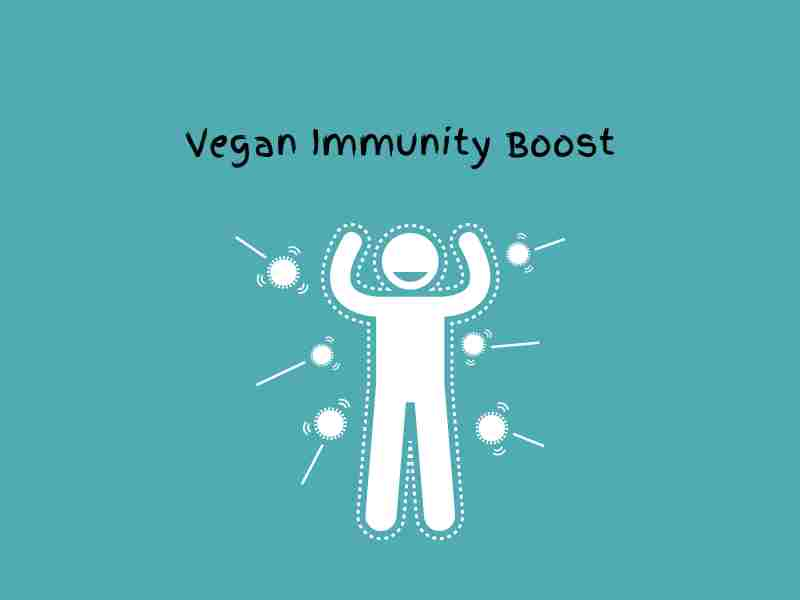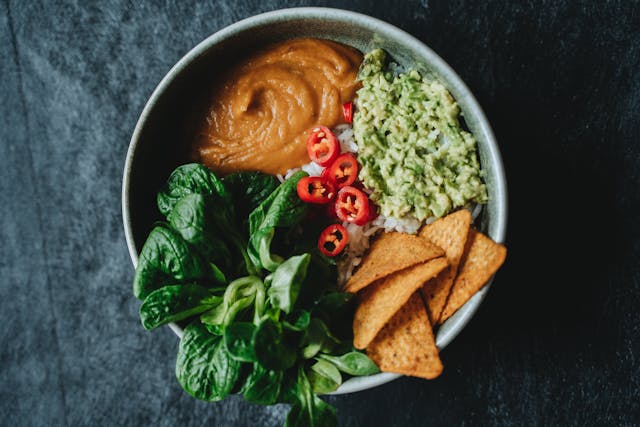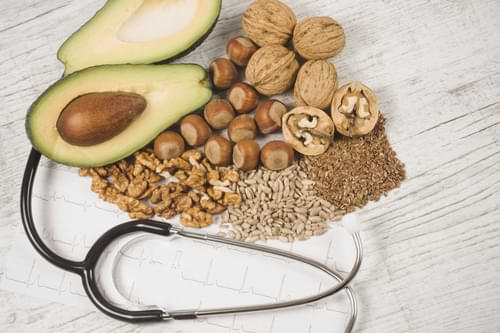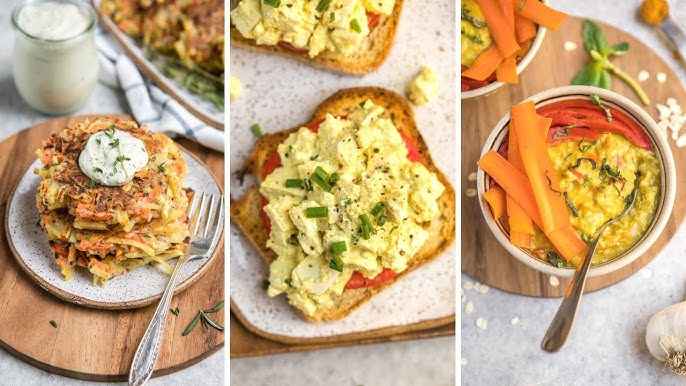The human body’s immune system is a complex network that fights off infections and keeps us healthy. While genetics play a role, what we eat significantly impacts its function. A well-planned vegan diet, rich in specific nutrients, can be a powerful tool for strengthening your body’s natural defenses.
The Link Between Nutrition and Immunity
Before diving into specific strategies, it’s essential to understand the connection between nutrition and immune function. The immune system is a complex network of cells, tissues, and organs that work together to protect the body from harmful pathogens and diseases. Proper nutrition is vital for the optimal functioning of this intricate system.
Certain nutrients, such as vitamins, minerals, and antioxidants, play crucial roles in supporting various aspects of immune function. For instance, vitamin C is essential for the production of white blood cells, while zinc is involved in the development and function of immune cells. Antioxidants, found abundantly in plant-based foods, help neutralize free radicals and reduce inflammation, which can impair immune response.
Vegan-Friendly Immune-Boosting Foods
A well-planned vegan diet can provide an abundance of immune-supporting nutrients. Here are some of the best vegan-friendly foods to incorporate into your diet:
- Citrus Fruits: Rich in vitamin C, which supports the production and function of white blood cells. Examples include oranges, grapefruits, and lemons.
- Leafy Greens: Packed with vitamins A, C, and E, as well as antioxidants like carotenoids and flavonoids. Kale, spinach, and broccoli are excellent choices.
- Nuts and Seeds: Excellent sources of zinc, which is essential for immune cell development and function. Almonds, pumpkin seeds, and chia seeds are great options.
- Legumes: Provide plant-based protein, fiber, and various minerals like iron and zinc, which are crucial for immune health. Lentils, chickpeas, and black beans are nutritious choices.
- Fermented Foods: Contain beneficial probiotics that support gut health and, in turn, immune function. Examples include sauerkraut, tempeh, and vegan-friendly yogurt alternatives.
Strategies for Boosting Immunity on a Vegan Diet
- Eat a Variety of Whole, Plant-Based Foods Diversifying your diet with a wide range of fruits, vegetables, whole grains, legumes, nuts, and seeds can help ensure you’re getting a comprehensive array of immune-supporting nutrients. Aim for a rainbow of colors on your plate to maximize the variety of beneficial plant compounds.
- Focus on Nutrient-Dense Foods While caloric intake is important, prioritizing nutrient-dense foods is crucial for optimal immune function. Foods like berries, dark leafy greens, and cruciferous vegetables (e.g., broccoli, cauliflower) are packed with vitamins, minerals, and antioxidants that support immune health.
- Consider Supplementation While a well-planned vegan diet can provide most essential nutrients, some individuals may benefit from supplementation. For example, vitamin B12, which is essential for immune cell production, is primarily found in animal-derived foods. Consult with a healthcare professional or registered dietitian to determine if supplementation is necessary for your individual needs.
- Stay Hydrated Adequate hydration is crucial for overall health, including immune function. Aim to drink plenty of water and incorporate hydrating fruits and vegetables, such as watermelon, cucumbers, and tomatoes, into your diet.
- Manage Stress and Get Enough Sleep Chronic stress and lack of sleep can have a detrimental effect on the immune system. Incorporate stress-reducing practices like meditation, yoga, or deep breathing exercises into your routine, and prioritize getting sufficient high-quality sleep each night.
Also check: The Surprising Health Benefits of Going Vegan
Nutrient Comparison: Vegan vs. Non-Vegan Diets
To illustrate the potential immune-boosting benefits of a vegan diet, let’s compare the average daily intake of key nutrients for vegans and non-vegans, based on data from the National Health and Nutrition Examination Survey (NHANES) 2007-2010.
| Nutrient | Vegans | Non-Vegans |
| Vitamin C (mg) | 124.3 | 75.8 |
| Vitamin E (mg) | 10.8 | 7.2 |
| Zinc (mg) | 8.1 | 10.0 |
| Fiber (g) | 28.8 | 16.1 |
| Antioxidants (μmol TE) | 5,493 | 3,834 |
As shown in the table, vegans tend to consume higher amounts of vitamins C and E, as well as fiber and antioxidants, which are all important for supporting immune function. However, they may need to pay closer attention to their intake of zinc, which is crucial for immune cell development and function.
Conclusion
Adopting a well-planned vegan diet can be an effective strategy for boosting immunity and supporting overall health. By incorporating a variety of nutrient-dense, plant-based foods, staying hydrated, managing stress, and getting sufficient sleep, you can provide your body with the essential nutrients it needs to maintain a robust immune system. Remember, a balanced and diverse vegan diet, along with a healthy lifestyle, can contribute to a stronger natural defense against illnesses and infections.






